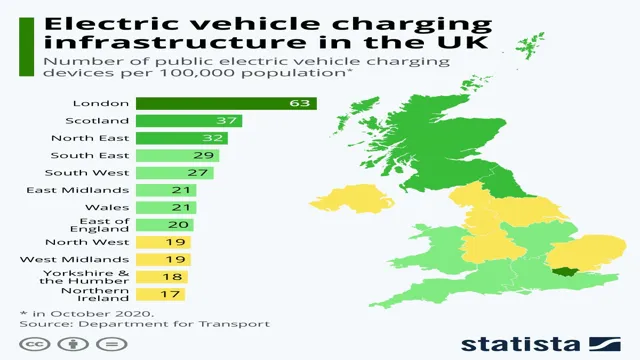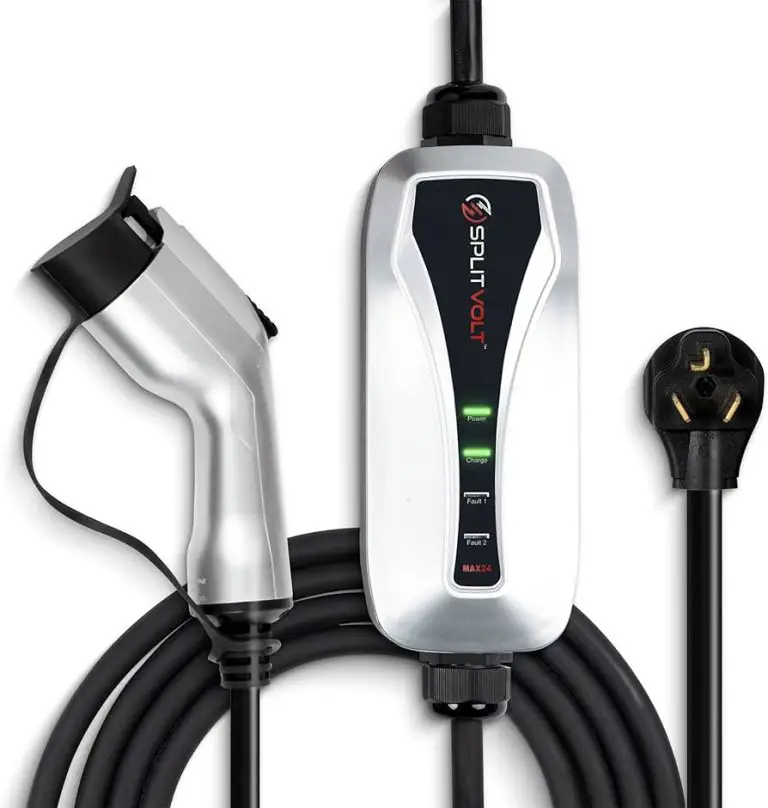Electric Car Charger Installation Cost: Your Complete Guide
Electric vehicles (EVs) are becoming increasingly popular as more people seek environmentally friendly transportation options. With the rise in EV ownership, the demand for electric car chargers has also grown. If you’re considering purchasing an electric car or already own one, you may be wondering about the cost of installing a charging station at your home. In this article, we will explore the various factors that influence electric car charger installation costs and provide you with helpful insights.
Factors Affecting Electric Car Charger Installation Costs
The cost of installing a home electric car charger can vary widely based on several key factors. These factors include:
1. Type Of Charger
There are different types of electric car chargers available, ranging from Level 1 chargers that use a standard 120-volt household outlet to Level 2 chargers that require a 240-volt outlet. Level 2 chargers are faster and more efficient than Level 1 chargers, but they also tend to be more expensive to install.
2. Electrical Panel Capacity
The capacity of your home’s electrical panel plays a significant role in determining the installation cost of an electric car charger. If your panel does not have sufficient capacity to handle the additional load from the charger, it may need to be upgraded, which can add to the overall installation cost.
3. Distance From The Electrical Panel
The distance between the location of the charger and the electrical panel can impact installation costs. Longer distances may require more extensive wiring and conduit, contributing to higher labor and material costs.
4. Permit And Inspection Fees
Many localities require permits and inspections for electric car charger installations. These fees can vary based on your location and may add to the total cost of the installation.

Credit: www.aristocratmotors.com
Typical Cost Breakdown
While the cost of installing an electric car charger varies based on the factors mentioned above, you can expect to pay anywhere from $500 to $2500 for the installation. Here’s a more detailed breakdown of the typical costs:
| Cost Component | Average Cost |
|---|---|
| Charger Unit | $400 – $1000 |
| Labor | $300 – $1200 |
| Permit and Inspection Fees | $100 – $300 |
| Electrical Panel Upgrades (if needed) | $500 – $1500 |
It’s important to note that these are average costs and actual expenses can vary based on individual circumstances and location.
Cost-Saving Tips
While electric car charger installation costs may seem significant, there are several ways to potentially save money on the process. Here are some tips to help reduce your overall installation expenses:
- Obtain multiple quotes from reputable electricians to ensure you are getting a competitive price.
- Consider the location of the charger in relation to your electrical panel to minimize wiring and conduit requirements.
- Explore potential rebates or incentives for EV charger installations offered by local or state governments.
Conclusion
Installing an electric car charger at home is a worthwhile investment for EV owners, providing the convenience of charging your vehicle at your own residence. While the installation costs can vary, understanding the key factors influencing these expenses can help you make informed decisions and potentially save money during the process.
By considering the type of charger, electrical panel capacity, distance from the panel, and potential cost-saving tips, you can navigate the installation process with greater confidence.
Are you considering installing an electric car charger at home? Share your thoughts and experiences with us!




